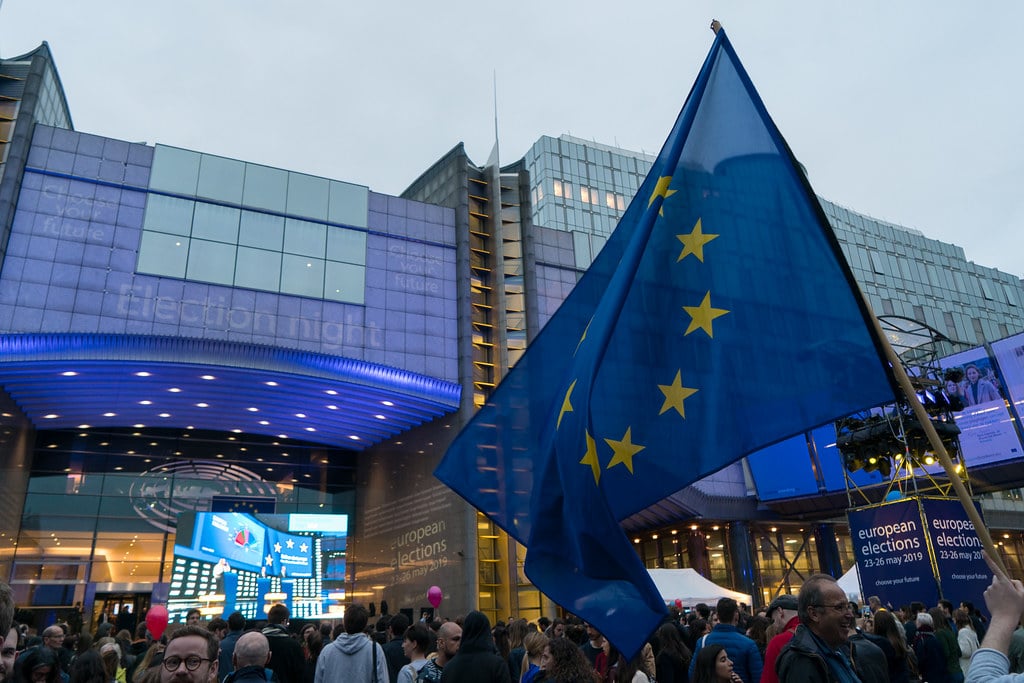
The European Union(EU) parliament has moved resolutions on the Citizenship Amendment Act and the clampdown on Jammu and Kashmir. India is hence facing a major diplomatic backlash ahead of Prime Minister Narendra Modi’s visit to Brussels for the India-EU summit in March.
Six resolutions on both issues have been moved by 626 out of 751 members of the European Union Parliament. This included six groups of parliamentarians, European People’s Party(Christian Democrats) with 182 members, the Progressive Alliance of Socialists and Democrats with 154 members, the Renew Europe Group with 108 members, Greens/European Free Alliance with 75 members, Conservatives and reformists with 66 members and European United Left and Nordic Green Left with 41 members.
Their greatest concern is that of a formation of a controversial citizenship law which might create the largest statelessness crisis in the world. More than 150 lawmakers had previously demanded that during any trade agreement with India, the EU insist on a strong human rights clause with effective implementation and suspension mechanism.
The resolution passed made reference to the Charter of the United Nations, Article 15 of the Universal Declaration of Human Rights and the India-EU Strategic Partnership Joint Action Plan signed in November 2005 along with the EU-India Thematic Dialogue on Human Rights. Many critics considered PM Modi’s visit as just a PR stunt. The EU was invited earlier last month for a visit to Jammu and Kashmir that was organised for foreign diplomats. Bur the EU skipped it as they did not want a guided tour of the region.
The government responded to this saying that the CAA was not discriminating against any religion stating that the European societies have also done the same before. It was further said that the matter of the CAA is a completely internal matter to India and has been adopted by following the necessary process and democratic means after a well-known parliamentarian debate in both houses which was publicly broadcasted.
In addition to that the government expressed that being fellow democracies, the EU parliament would not take such an action that would question the rights of democratically elected legislatures.
